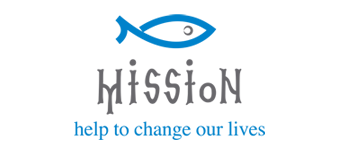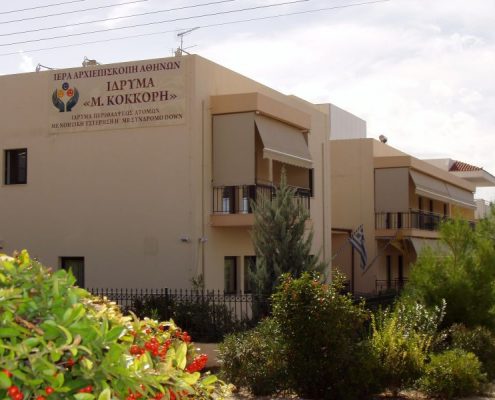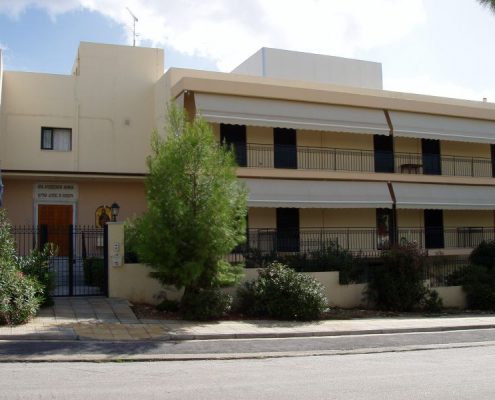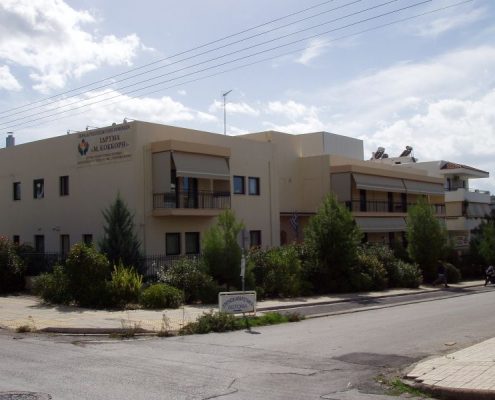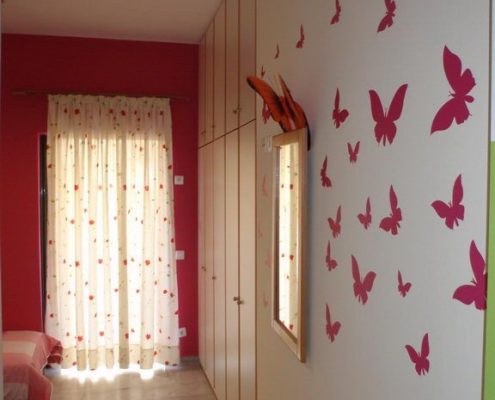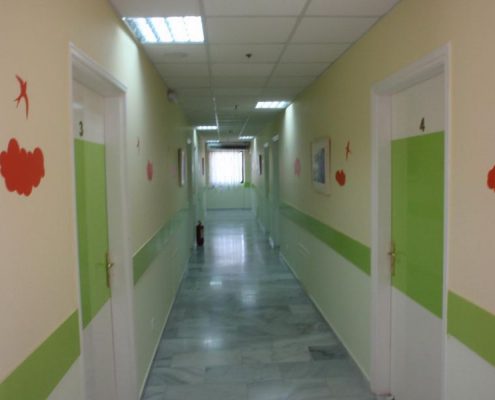Protected Living Homes (PLH)

Wishing to show in practice its help and support to people with special skills, Apostoli established two Protected Living Homes for people with mental retardation and people with Down syndrome. The two Protected Living Homes constitute a psychosocial rehabilitation unit providing specialized therapeutic support services for 18 people with mental retardation or Down syndrome.
The basic aim of the supported independent living of people with mental retardation or Down syndrome is to support their participation in the daily activities of the community, their maximum independence as possible and their social rehabilitation and integration.
Objectives
The objective of the protected living of people with mental retardation or Down syndrome is to support their participation in the daily activities of the community, their maximum independence as much as possible and their social rehabilitation and integration.
The individual objectives of the operation of the two PHLs are:
- To give the opportunity to the persons living there to manage their personal lives with the maximum possible independence and autonomy
- To recognize their abilities and rights to live with equality and dignity in the social environment
- Their integration and support in the educational programs
- The emotional development of the residents as a result of the person’s autonomy
- The strengthening of their self-estimate and trust in their capabilities
- Avoiding the social exclusion, stigma and passivity brought by a long-term stay in an asylum
- Socialization by participating in cultural-athletic activities and diverse events
- Active participation with equality and dignity in any form of social expression
Services
To achieve the abovementioned objectives, the following programs – services were planned for the hosted people:
- Self-catering program including personal care of the residents and care of their personal space
- Skill and ability development program. Children are trained and acquire basic knowledge, such as reading, mathematics, writing, painting, art, music, dance, physical education, traffic education and other entertainment activities and are prepared for their socialization
- Consultancy and occupational orientation program including participation in education and pre-occupational – occupational actions
- Psychotherapy program including psychotherapy at a personal and group level
- Family consultancy and support program
- Continuous presence of scientific program (psychiatrist, psychologist, social worker and special educators)
- Possibility of integrated therapy and education services (speech therapists, occupational therapists etc)
